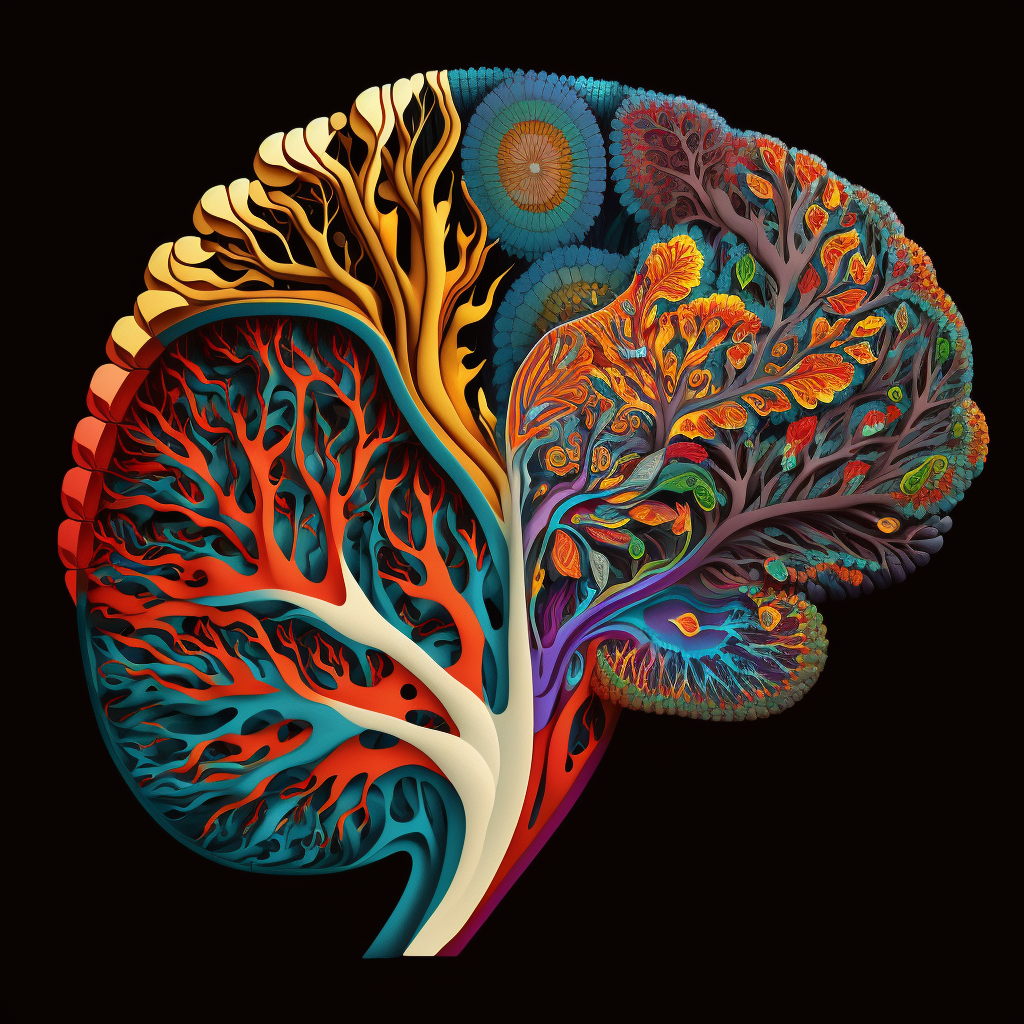Featured Posts
Get ready to organize your OHBM schedule: the OHBM Student-Postdoc SIG is hosting events especially for our students and postdocs! Add stickers to your badge, join a networking mentorship lunch, attend a roundtable on becoming an independent researcher and a symposium on non-academic neuroscience applications, and don’t miss the highly anticipated student and postdoc social!
Do you dread the thought of writing your manuscript? Have you been putting off the task of compiling all your lab journal notes into a cohesive story? Fear not! With a few guiding principles, a little organization, and a lot of undistracted focus, you can create the first imperfect draft of your manuscript in no time.
Dr. Arshiya Sangchooli’s journey from medical school to a research degree in a new country has been one of perseverance and resilience. Despite facing difficulties as a neurodivergent person and queer person of color, he remains dedicated to research and passionate about his field. In his new lab, he uses innovative approaches to advance our understanding of visual processing in the human brain. Their story serves as a reminder of the importance of supporting diverse voices in academia and the potential for individuals to achieve great things when they have space to pursue their passions.
As academic researchers, we usually write scripts independently and without much guidance since we often work on projects alone. Thus, we focus on getting code to work rather than its readability or efficiency, but this can result in clunky code that is hard to validate. In contrast, software engineers receive formal training on writing clear and efficient code and work in teams, where code review and collaboration are essential. Despite our lack of training, it is extremely important that our work is reproducible and that our code is well tested and easy to read. Lack of proper coding etiquette and review can lead to mistakes, causing heart-pounding moments as we frantically double-check results. To avoid some of these nail-biting moments and ensure our code is efficient, reproducible, and clean, we have compiled a list of suggestions, beginning with general coding practices and ending with more specific tips from such software engineers who write code professionally.
The OHBM Student and Postdoc Special Interest Group (SP-SIG) has been successfully running an international mentoring programme online since 2017. This programme fosters mentorship relationships at all training levels, from undergraduate students to principal investigators, matching people across the globe based on experience and interests. Mentees and mentors are encouraged to meet in person at the annual meeting.
As part of a lead up to this year’s hybrid Organization for Human Brain Mapping (OHBM) annual meeting, the Student and Postdoc Special Interest group (SP SIG) organized a series of workshops to provide trainees with resources for career development. As a group, we aim to cater to the variety of interests in our trainee community, both for those interested in pursuing an academic career, and those interested in moving outside of academia. In this blogpost, I will be highlighting the lessons learned from the workshop on Science Policy, Advocacy, and Communication. Our guest speakers included Dr. Joseph B Keller, Dr. Fanuel Muindi, and Dr. Vania Cao. While the workshop focused on careers outside of academia, much of the valuable advice shared by our speakers will be useful to all trainees as they prepare for the next phases of their professional journey.
For most people, receiving a diagnosis is usually not a positive experience. But for me, being diagnosed with ADHD at age 19 was a huge relief. I finally felt like I had answers and validation for almost 2 decades of self-doubt and struggling. Up to that point, my intelligence had felt like a paradox: I was smart enough to have been placed in a gifted STEM program at age 8 and to easily excel in my science, history, and language classes. But when it came to math, my brain took more practice to get the hang of keeping all the numbers, rules, and symbols straight.






